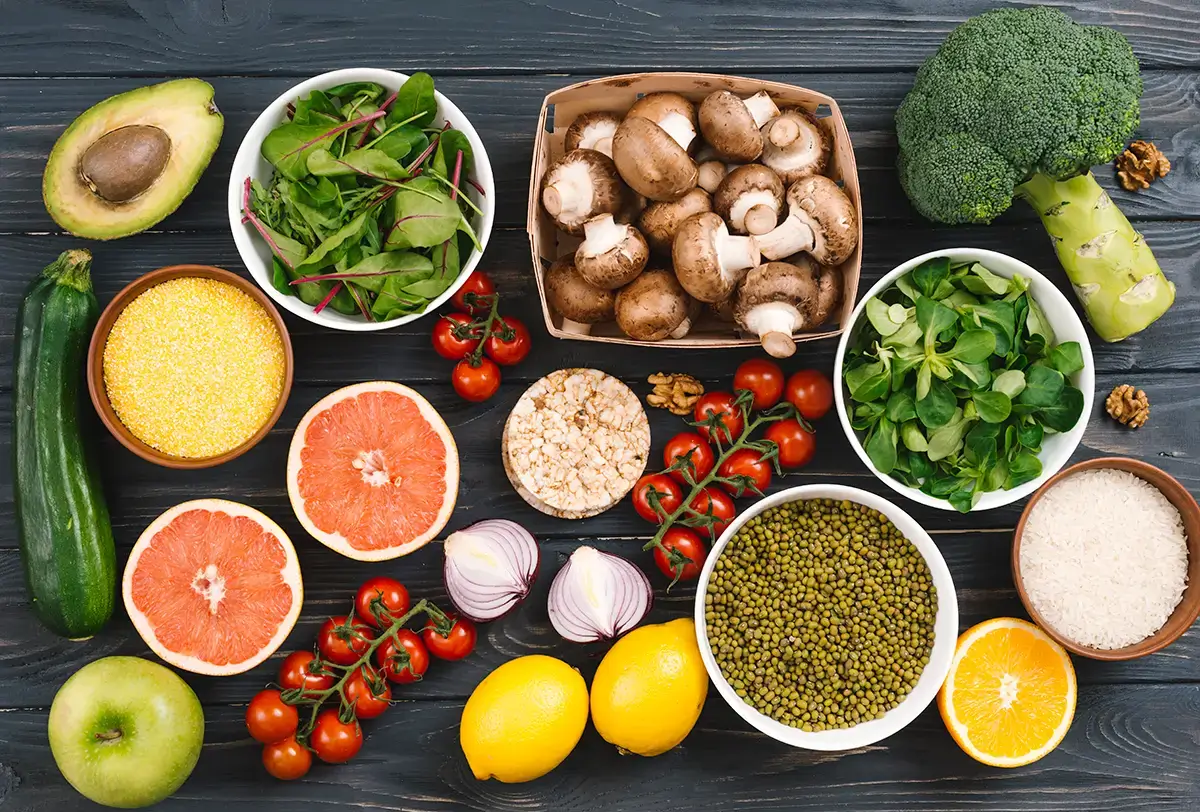Vegetarianism: Benefits and Challenges of a Meat-Free Diet
Vegetarianism has gained popularity over the past decades, not only as an ethical choice but also for its potential health benefits. According to the World Health Organization (WHO), a vegetarian diet can contribute to the prevention of several chronic diseases and improve overall health, provided it is well-planned. This dietary approach excludes meat and, in many cases, animal products, focusing instead on vegetables, fruits, grains, and legumes.
Recent studies indicate that vegetarianism is associated with a lower risk of heart disease, hypertension, and certain types of cancer. A 2022 WHO report highlighted that plant-based diets can reduce the risk of cardiovascular diseases by up to 30% compared to traditional meat-inclusive diets. However, following a vegetarian diet requires careful attention to ensure adequate intake of essential nutrients such as vitamin B12, iron, and omega-3 fatty acids.
A 2023 study conducted by the U.S. National Institutes of Health revealed that approximately 5% of the U.S. population identifies as vegetarian, and this number has been gradually increasing. Growing awareness of environmental issues and the desire to reduce carbon footprints have also contributed to this trend. Vegetarianism is often promoted as a sustainable and healthy alternative to meat-based diets, which have been linked to increased greenhouse gas emissions and excessive use of natural resources.
However, adopting a vegetarian diet is not without its challenges. The need for careful planning to avoid nutritional deficiencies is crucial. The WHO recommends that vegetarians be especially vigilant about vitamin B12 intake, which is predominantly found in animal products. Deficiencies in this vitamin can lead to neurological issues and anemia. Additionally, properly combining foods to ensure a complete amino acid profile is essential for maintaining muscle and overall health.
A 2023 study published in the journal “Nutrition Reviews” highlighted that iron deficiency is another common concern among vegetarians. Although iron is present in plant foods such as spinach and lentils, the type of iron found in plants (non-heme iron) is less absorbable than heme iron found in meats. Including foods rich in vitamin C, which enhances iron absorption, is recommended to address this issue.
Brazil’s Ministry of Health, in guidelines published in 2022, emphasizes that a well-planned vegetarian diet can meet the nutritional needs of all age groups, provided there is special attention to food selection and supplementation when necessary. The guidelines also recommend that vegetarians consult with a nutritionist to ensure their diets are balanced and complete.
The growing acceptance of vegetarianism has also led to an increase in the availability of products and supplements specifically formulated for vegetarians. This includes fortified alternatives with vitamin B12 and iron, as well as a variety of plant-based meat substitutes designed to facilitate adherence to a meat-free diet.
In summary, vegetarianism offers several potential health benefits, particularly in terms of chronic disease prevention and environmental sustainability. However, it is crucial to adopt an informed and planned approach to ensure all nutritional needs are met. With increasing awareness and improved access to appropriate resources and products, adopting a vegetarian diet is becoming a viable and beneficial option for many.
Sources Consulted:
- World Health Organization (WHO). “Healthy Diets: Guidelines and Recommendations.” 2022 Report.
- U.S. National Institutes of Health. “Statistics on Vegetarianism in the U.S.” 2023 Study.
- Nutrition Reviews. “Analysis of the Effects of Vegetarian Diet on Health.” 2023 Article.














